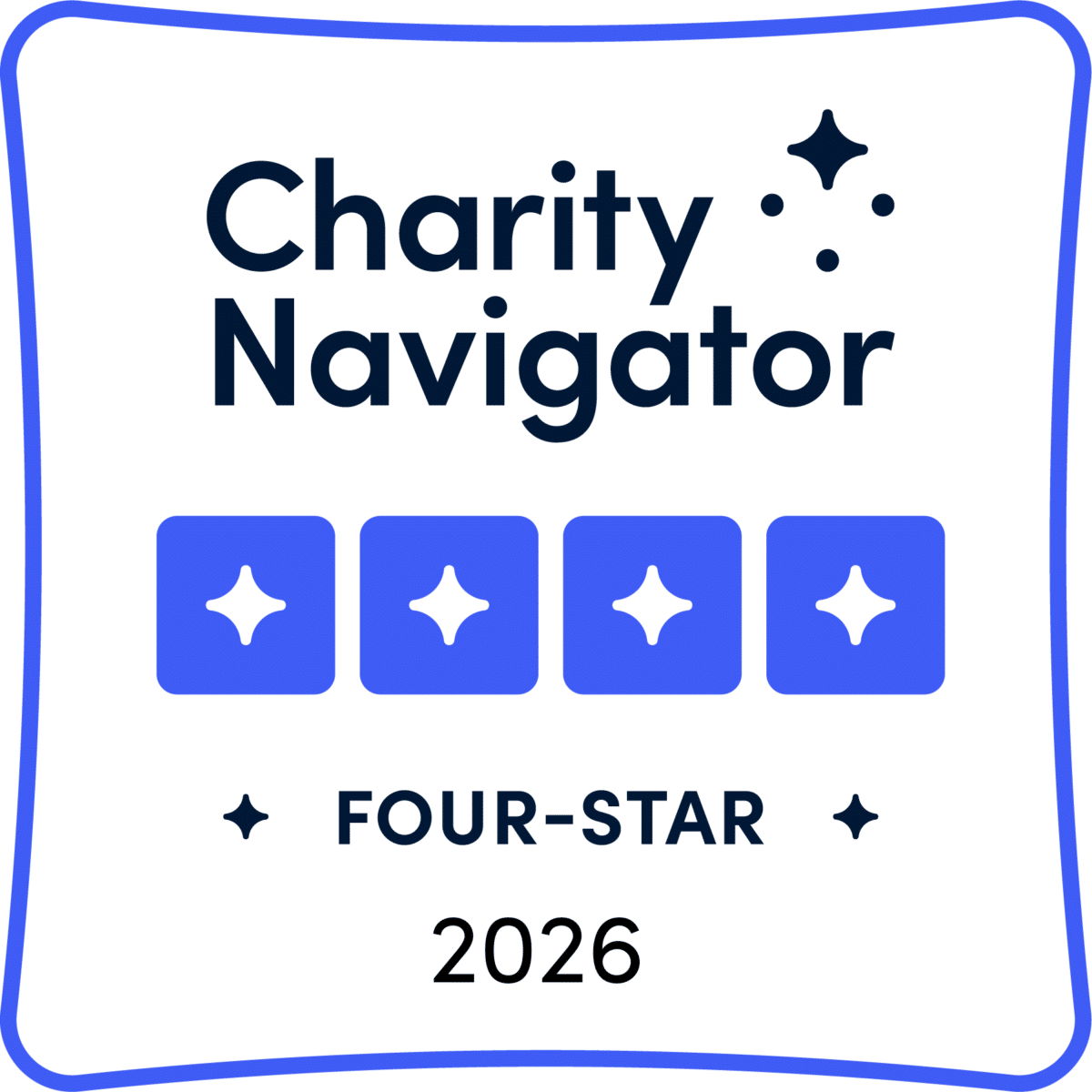That's a Wrap on Cannabis Justice in 2024
State Policy in 2024
2024 started with a flurry of legislative bills and ballot proposals introduced nationwide to further reform cannabis laws from coast to coast. States like Hawai’i, New Hampshire, North Carolina, Pennsylvania, and West Virginia all introduced legislation to legalize adult-use cannabis. Meanwhile, bills in Georgia, Indiana, and Tennessee all sought to legalize cannabis for medical use.
By the time elections rolled in November, ballot initiatives to legalize adult-use cannabis had qualified for the ballot in Florida, North Dakota, and South Dakota. An additional initiative in Massachusetts also sought to legalize natural psychedelics like psilocybin. Nebraska also had a pair of medical ballot initiatives, while three cities across Texas sought to decriminalize possessing small amounts of cannabis.
Unfortunately, by year’s end, no significant adult-use or medical bills had been signed into law, and only the ballot initiatives in Nebraska and the cities of Lockhart, Dallas, and Bastrop, Texas, passed.
That doesn’t mean there wasn’t progress made this year.
At the start of 2024, LPP conveyed a panel of medical, science, and criminal justice experts for a legislative info briefing for lawmakers in Connecticut.
In Hawai’i, an LPP-led bill that created the first-ever automatic record-clearing law of any kind aimed at cannabis offenses was signed into law and is already delivering relief. Additionally, LPP helped pass and was appointed to a statewide task force to study, design, and propose an automatic record clearance law for additional offenses over time.
In California, LPP’s AB 1706 has recalled, dismissed, sealed, or reclassified a cannabis offense in 216,157 cases, representing a 95% reduction between the number of cases eligible for relief and the number of cases granted relief.
In Virginia, an LPP-designed bill to modify the sentences of incarcerated individuals under state supervision garnered enough votes to pass the legislature and landed on the Governor’s desk. Unfortunately, Governor Youngkin chose to veto that bill, denying the relief and potential freedom of upwards of 1,844 people.
And in Maryland, LPP worked with Governor Moore to craft the largest single-day pardon proclamation in US history.
Progress is rarely linear, but LPP is committed to righting the wrongs of cannabis prohibition. We hope you will join us in our fight next year as we seek to undo the harms of the war on drugs and reunite hundreds of families across the country.
Federal Policy in 2024
While 2024 saw a significant amount of action from the executive branch, including the
initiation of a hearing on rescheduling and a
historic clemency action from the President, very few cannabis bills in Congress saw any action.
Last Prisoner Project supported the Senate reintroduction of both the
Cannabis Administration and Opportunity Act (CAOA) led by Senators Booker, Schumer, and Wyden, and the
Harnessing Opportunities by Pursuing Expungement Act (HOPE) led by Senator Rosen.
There was only one piece of new policy introduced,
H.R.10248 - Weldon Angelos Presidential Pardon Expungements Act named after emancipated cannabis prisoner Weldon Angelos that would ensure that a presidential pardon also erased the records of the individual receiving the pardon.
Bills that saw no action in 2024 included: the Secure and Fair Enforcement Banking Act (SAFE) [which Sen. Cory Booker made it clear that passing SAFE is
not a priority]. Marijuana Opportunity Reinvestment and Expungement Act (MORE), Cannabis Users' Restoration of Eligibility Act (CURE),
States Reform Act of 2023, and the
STATES 2.0
Act.
Despite little official action by congressional leadership on legislation, LPP worked closely with members of congress to hold 2 congressional press conferences, one in the spring as part of our
Unity week of action calling for the need for full de-scheduling with house members Ilhan Omar, Ayanna Pressley, Earl Blumenauer and Senator Ron Wyden, and one in November led by Congresswoman Ayanna Pressely and featuring prominent Democrat James Clyburn calling on the President to use his executive power to grant clemency to those currently incarcerated for cannabis crimes.
Both press conferences led to the announcement of the re-scheduling effort and the largest pardon action by a U.S. president in history respectively. Our unity week of action
this past April brought together organizations from the left, right and industry for the largest congressional lobby day in movement history, and
a vigil at the white house
for full legalization and retroactive relief for everyone incarcerated on cannabis crimes.
With the next congress being fully controlled by the republican party, prospects for action in the next congress remain slim without a substantial change in strategy and tactics by advocates. It is highly likely that the bills which focus on a states rights approach will have the most likelihood of advancing. We look forward to working with policymakers on both aisles to advance cannabis justice, pushing for clemency through the executive branch, and fighting for retroactive relief in the courts.






